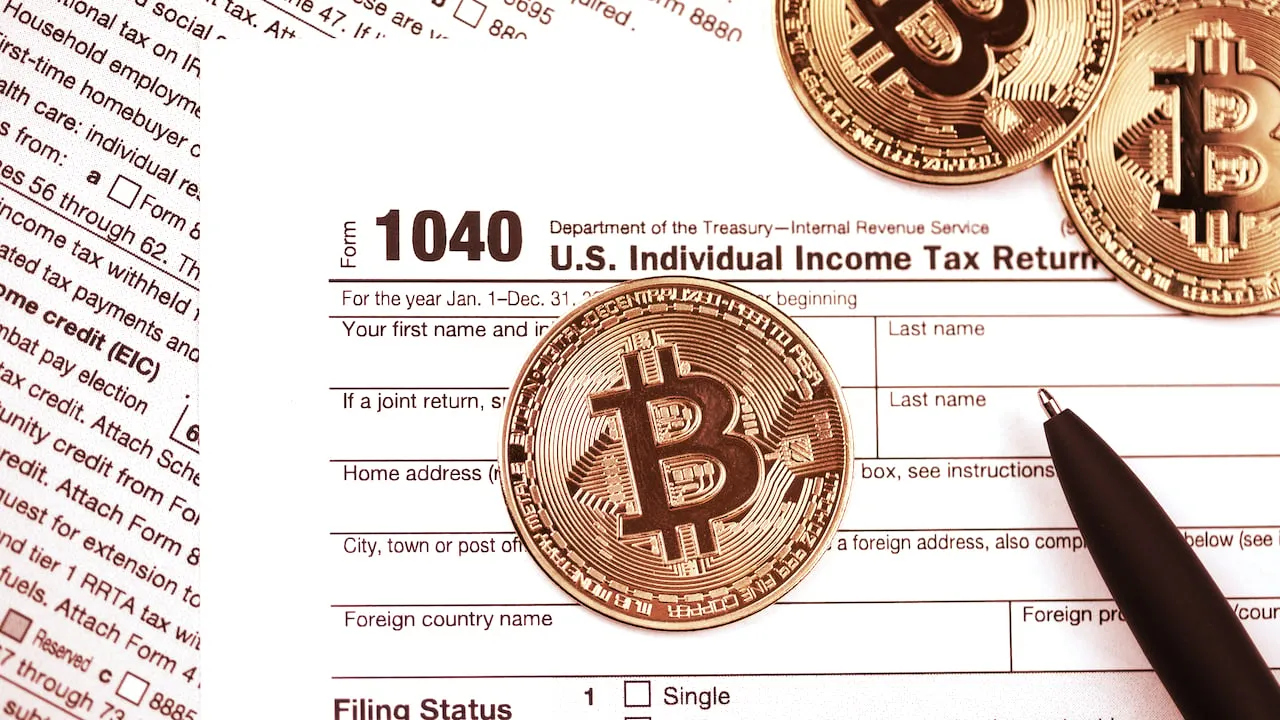In brief
- The IRS has a new initiative for seeking out unreported crypto.
- It's called Operation Hidden Treasure.
- Here’s what it means for tax season.
The IRS is launching a new anti-tax fraud initiative called Operation Hidden Treasure, Forbes reports. A joint effort from the IRS’ Fraud Enforcement Office and its Criminal Division, the task force will dig up unreported crypto transactions and hold would-be tax evaders accountable.
Roger Brown, head of tax and regulatory affairs at the crypto data company Lukka, told Decrypt that Operation Hidden Treasure is the IRS’ way of “raising the stakes” when it comes to enforcement.
Since the effort is being jointly handled with the criminal division, said Brown, it’s going to be looking specifically at intentional concealment, rather the kinds of underreporting that might be categorized as civil tax fraud.
“Because it is the Office of fraud and fraud enforcement, and the criminal tax division is doing this and not the normal civil people, they’re looking for evidence of concealment, evidence of intent to not pay what's owed,” he said. Brown cited money transfers on the dark web, as well as “mixers” and tumbling services that intentionally obscure transactions as potential examples of the kind of behaviors the IRS may target in their investigations.
Crypto payments tend to be pretty private, since they’re pseudonymous, but they’re also paradoxically transparent: everything is publicly recorded on a distributed ledger, which makes transactions easy to trace. Coin mixers are services that scramble the digital paper trail, and are a favorite of criminals looking to launder money on blockchains.
Shehan Chandrasekara, head of tax strategy at the crypto accounting firm Cointracker, said that “cryptocurrency is the worst asset class to evade taxes on because there's a permanent record of your transactions in the blockchain, unlike cash.”
He also said that since tax fraud has no statute of limitations, Operation Hidden Treasure might uncover old transactions, too; “there's a lot of tax revenue to gain from this space for the IRS,” he said.
But that isn’t to say you should start freaking out about the small amounts of crypto you may have mistakenly underreported over the years. Brown emphasized that the idea is more to go after the traders who specifically decide not to report gains. “If you just omitted an airdrop from prior year, but you did other reporting, that's not the kind of thing that's going to raise fraud issues,” he said.
Stepping up that effort means stepping up the consequences, too. Said Brown: “Penalties and other consequences can be severe.”

